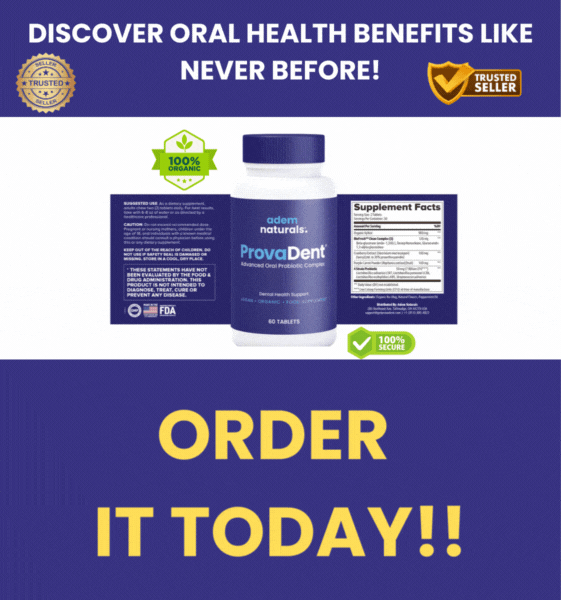As we age, our bodies undergo many changes, and oral health is no exception. Maintaining a healthy smile can become more challenging with time, but it remains an essential aspect of overall well-being. In this article, I’ll walk you through the importance of dental care for seniors, common dental issues they face, and expert-backed advice to address them.
Why Dental Care Matters for Seniors
Good dental hygiene doesn’t just keep your teeth looking great; it also plays a critical role in preventing serious health conditions. Research has consistently shown a strong link between oral health and systemic diseases such as heart disease, diabetes, and respiratory infections.
According to the Centers for Disease Control and Prevention (CDC), about 68% of adults aged 65 and older have gum disease, and nearly 1 in 5 have untreated tooth decay. These statistics underscore the need for seniors to pay extra attention to their dental care.
Try Our Dental Calculators
Meet the Experts
- Dr. Amanda Carter, DDS: A geriatric dentistry specialist with over 20 years of experience. Dr. Carter runs a dental practice focusing on senior oral health. Linkedin.
- Dr. Rajesh Patel, BDS, MDS: A renowned periodontist with expertise in treating gum diseases among older adults. He practices at SmileCare Clinic. Follow him on LinkedIn.
- Dr. Evelyn Wong, PhD: A dental public health researcher dedicated to studying the impact of oral care on aging populations. Find more about her.
Common Dental Issues in Seniors
Here are some of the most common dental problems faced by older adults:
- Dry Mouth: Often caused by medications or certain medical conditions, dry mouth can lead to an increased risk of tooth decay and gum disease.
- Tooth Decay: As we age, our enamel becomes thinner, making teeth more susceptible to cavities.
- Gum Disease: Poor oral hygiene, smoking, and certain illnesses can increase the risk of periodontal disease.
- Tooth Loss: Over time, untreated dental issues can lead to the loss of teeth, impacting chewing and overall nutrition.
- Oral Cancer: The risk of oral cancer increases with age, making regular dental check-ups crucial.
Expert Advice on Senior Dental Care
I reached out to a few dental care experts for their insights on how seniors can maintain optimal oral health. Here’s what they had to say:
Dr. Amanda Carter, DDS
“One of the most critical steps for seniors is to stick to a consistent oral hygiene routine. Brushing twice a day with fluoride toothpaste and using an antimicrobial mouthwash can help prevent cavities and gum disease,” advises Dr. Carter, who has over 20 years of experience in geriatric dentistry. “Don’t forget to clean between your teeth with floss or interdental brushes.”
Dr. Rajesh Patel, BDS, MDS
Dr. Patel, a periodontist with a special focus on senior dental care, emphasizes the importance of professional cleanings. “Regular dental visits every six months can help detect issues early and ensure a thorough cleaning of areas that are hard to reach at home,” he notes. “Seniors should also discuss their medications with their dentist to address any side effects like dry mouth.”
Dr. Evelyn Wong, PhD in Dental Public Health
Dr. Wong, who has spent over a decade researching oral health in aging populations, highlights the link between oral and overall health. “Oral health should never be viewed in isolation. Poor dental hygiene can exacerbate conditions like diabetes or cardiovascular diseases. Seniors should see their dental health as part of their broader health care,” she says.
Tips for Better Dental Care
Here are some actionable tips you can incorporate into your daily routine:
- Use a toothbrush with soft bristles to protect sensitive gums.
- Drink plenty of water to combat dry mouth and keep oral tissues hydrated.
- Avoid sugary snacks and drinks, as they can accelerate tooth decay.
- Replace your toothbrush every three months or sooner if the bristles are frayed.
- Consider dental implants or dentures if you have missing teeth, as they can improve chewing and prevent further oral issues.
Conclusion
Dental care for seniors is not just about maintaining a beautiful smile; it’s about safeguarding overall health. By addressing common dental issues early and following expert advice, seniors can enjoy better oral health and quality of life.
Taking care of your teeth doesn’t have to be complicated. With the right knowledge and guidance, you can maintain a healthy smile for years to come.


